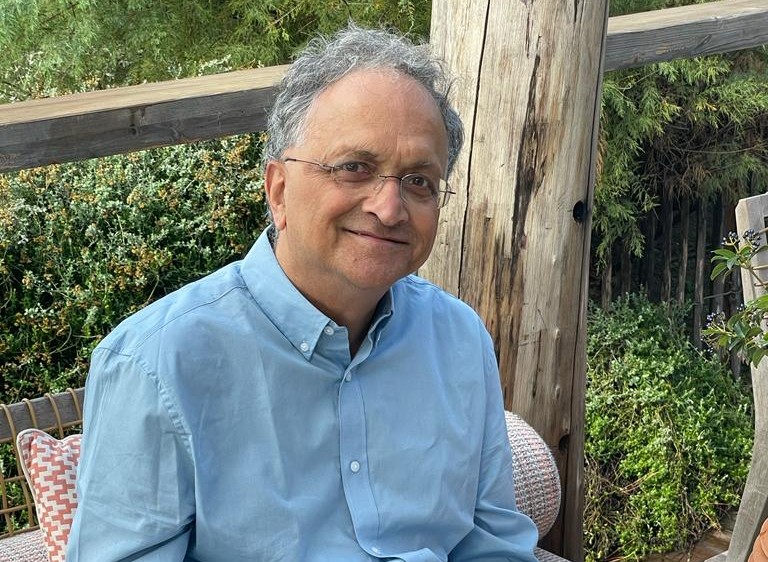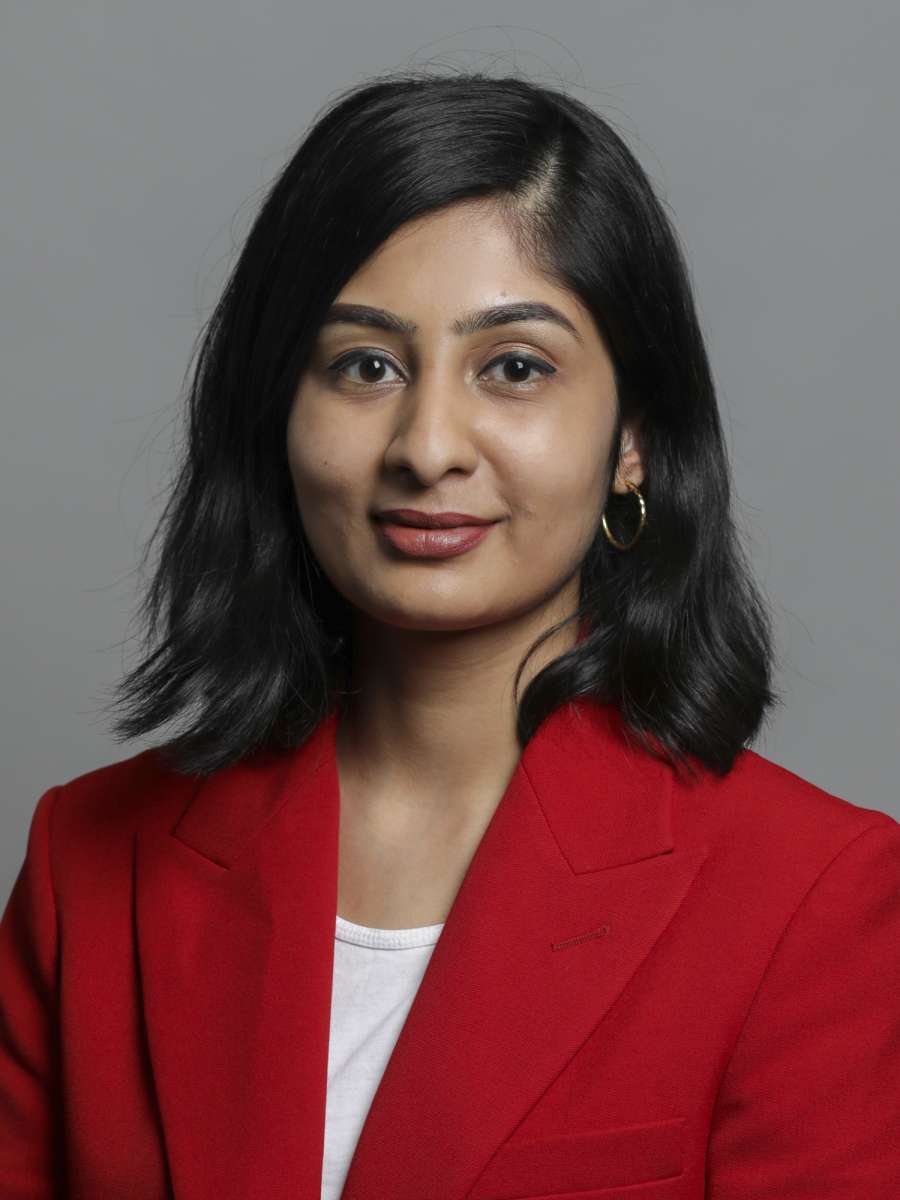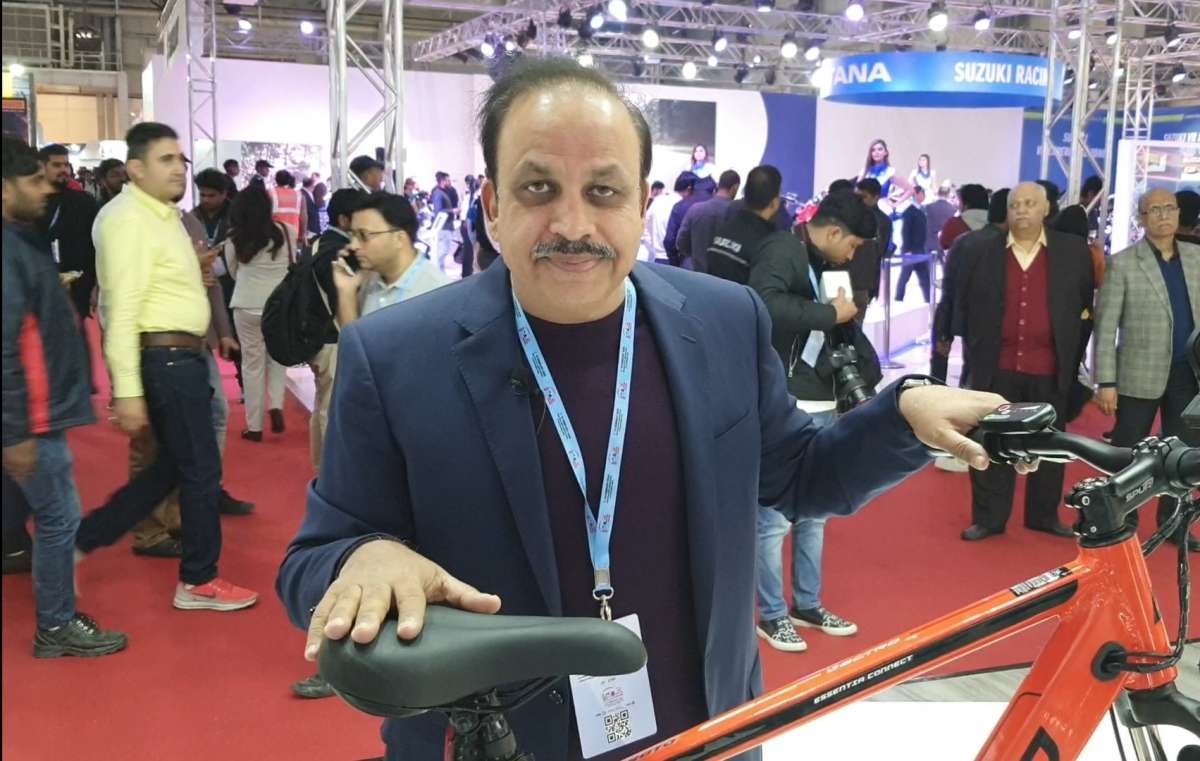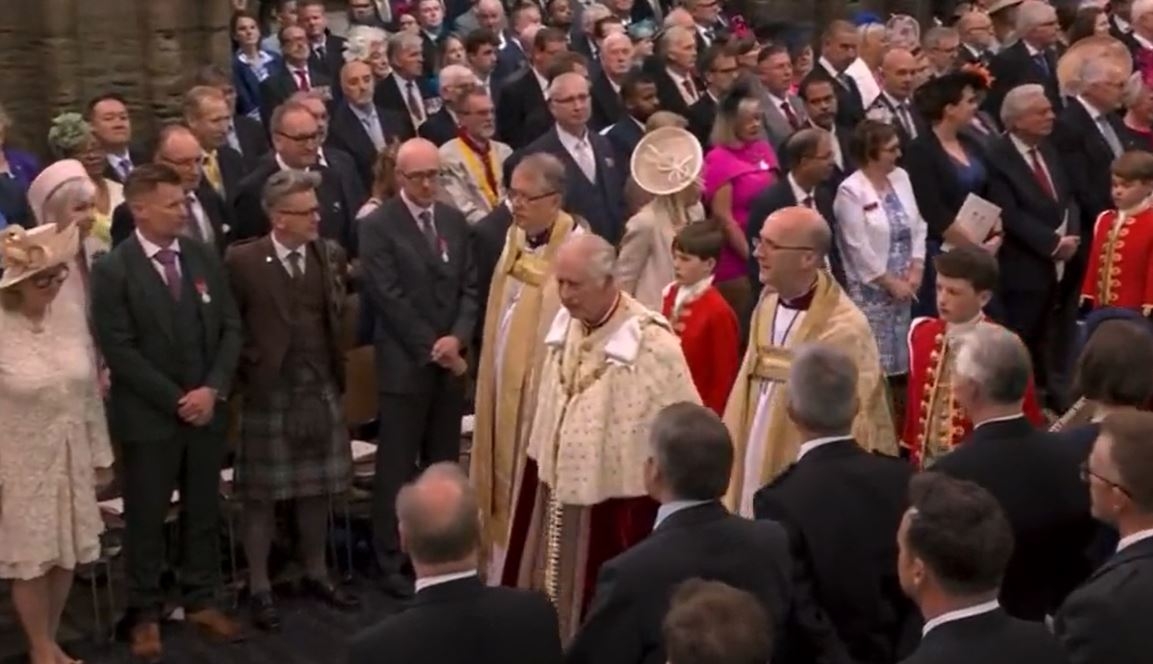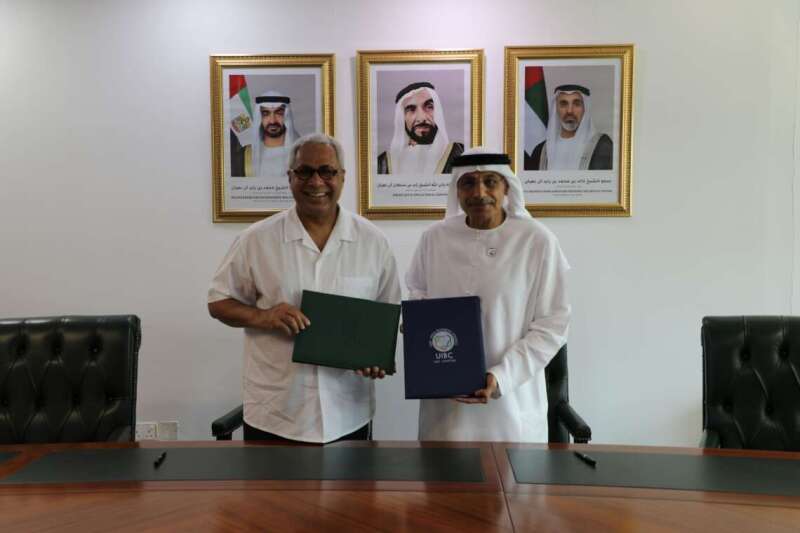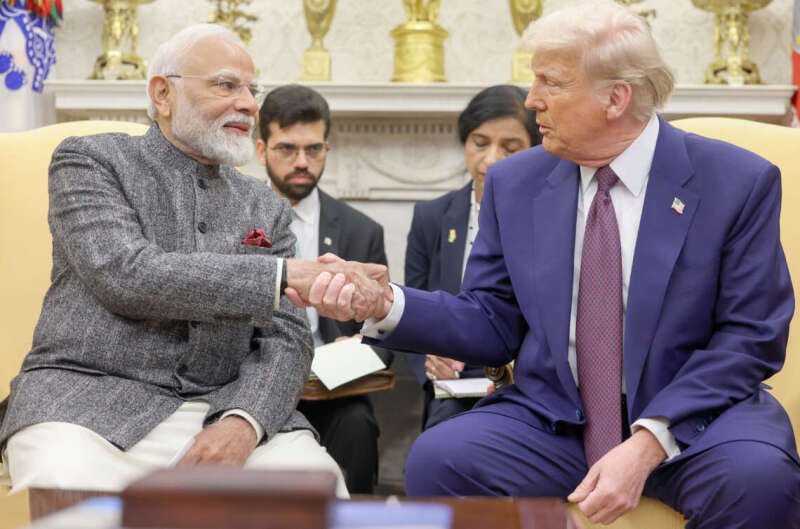Judicial independence compromised in various parts of the world, observes former English law society President David Greene…excerpts from the interview of DAVID GREENE made by ABHISH K. BOSE
Senior lawyer David Greene specalises in commercial litigation including competition claims and claims on behalf of shareholders, and is Head of the Class Action and Finance Litigation department. He was articled with Edwin Coe and qualified in 1980, becoming a Partner in 1984 and Senior Partner in April 2011. David served as the 176th president of the English law society, the independent professional body of solicitors in England and Wales. In this role, he represents the organisation at home and abroad, and is Chair of their Council. David won the Law Society’s presidential election for 2018 and was appointed as Deputy Vice President in July 2018, becoming Vice President in 2019 and President in 2020-1. He has developed a strong following in contentious competition work being involved in cases in front of the Competition Appeal Tribunal (CAT), High Court and Competition Commission. He has for many years advised sovereign states on disputes in international tribunals and particularly specialises in work involving governments in sub-Saharan Africa.
David was appointed by the Lord Chancellor to the Civil Procedure Rules Committee in 1997. He was then appointed in 2002 as a member of the Civil Justice Council. He is the author of ‘Civil Procedure Rules‘, an associate editor of ‘Civil Practice Manual‘, on the editorial board of Butterworths’ ‘The Civil Court Practice‘ (‘the Green Book‘), a contributor to the Law Society’s ‘Civil Litigation Manual‘, and the author of two titles for Atkins Court Forms.David has worked on numerous high profile cases. In an interview with Asian Lite’s Abhish K. Bose David Greene, one of the top lawyers in UK expresses his views on the necessity to maintain judicial independence and the allegations being levelled against him that he has misled a judge in connection with a case.
Excerpts from the interview
Abhish K. Bose : Could you explain how you were drawn into the legal profession? How did you begin your practice as a lawyer, and what were the experiences that shaped you as a person handling major cases?
David Greene : I decided I wanted to be a lawyer in my early teens although I was also attracted to politics from the age of 16 and became an active politician until my 30s. The law career then took over but in the work I did in litigating human rights and the rule of law and in advising governments on civil justice I did my politics through my practice. Major cases are much like any other. As a claimant lawyer never make assumptions about any party’s conduct or rationale or the court’s view of it, always seek to prove your case, concentrate on the issues and concede where necessary, do right by your client and fight their corner.
Abhish K. Bose : What should be the primary legal parameter a judge should keep in mind while pronouncing the verdicts? Is it the execution of the legal dictum in letter and spirit, or a balanced view which considers all aspects concerning the case?
David Greene : The common law that we share is a living animal growing and changing with changes in social norms and society which I have seen over my many years in practice but it is important that the law has certainty and that is an important aim of any judge to follow precedent or rationalise change and development. We would not have lawyers if there were not at least two views of the combination of facts and law. Judges are human and whether it be conscious or unconscious bias they will bring their own life experiences to the court but the judge’s job as the neutral between two adversaries is to apply the law properly to the facts of a case.
Abhish K. Bose : It is often alleged that those belonging to ‘other’ nationalities and racial backgrounds encounter discrimination in the English courts. How serious is this discrimination? You were the president of the English Law Society. As the president of the Law Society, what proactive measures have you taken to bridge this discrimination at the work place?
David Greene : Members of minority groups face discrimination often on a daily basis. I have very rarely seen racial bias in the courts.
I believe it was prevalent when I first started practice but these days with a Government introducing controversial legislation on, for instance, immigration that challenges the rule of law, the courts step out to ensure access to justice and fairness and protect the rule of law.
Abhish K. Bose : It is learnt that you were on the move to open law offices in India of the English law firms after the Bar Council of India decided to open up the Indian legal market for foreign firms. Could you explain the transition that this could have brought about in the Indian legal system?
David Greene : India has a huge legal talent resource and as India becomes a major player in global trade it is important to use that talent in promoting that trade and the law that supports it. As India opens up globally so it needs to open up international practice of law.
In those jurisdictions that have opened to global firms there have only been benefits; it greatly enhances the local market’s ability to deal with global legal issues;it enhances local talent; it retains legal work within the jurisdiction; it increases employment in law. There are challenges but India with its great talent has the ability to meet them.
Abhish K. Bose : In the course of opening law firms in India, how far will you give chances (opportunities?) to the Indian lawyers and law students?
David Greene : Absolutely essential. The opening up of London to foreign based law firms and the subsequent growth in law firms from across the Globe opening in London gave rise to a huge growth in employment of local lawyers and staff. In London many ‘foreign’ firms have a majority of partners who are qualified only in England. One of the purposes of establishing in any jurisdiction is to enjoin the local bar and work with it. Failure to do so will see the project fail.
Abhish K. Bose : At a juncture of political tensions and allegations that the judiciary is compromising its independence (autonomy?) in India, could you propose some measures that would reinvigorate its relevance?
David Greene : Unfortunately judicial independence, which is an essential pillar of democracy, is challenged in many jurisdictions across the world. India is not alone in that. It is a matter of politics that governments seek to achieve their aims and when those conflict with the law and the judiciary and the rule of law stand in the way of what governments regard as legitimate there is conflict. This often turns around arguments over embedded constitutional and human rights. Governments seek to control the judiciary either by selection or direct influence; bribery or public threat. It is vital that the judiciary also protect their independence and apply the law and rule of law without fear or favour.
Abhish K. Bose : In the UK, the Constitutional reforms Act, 2005, has created the Judicial Appointment Commission for the appointment of the judges. In India, the High Court and Supreme Court judges are appointed by the President under the Collegium system. Allegations of executive infringing on the judicial appointments in India have often sprung up. How do you compare the efficacy of the UK and Indian systems of the selection of judges in higher judiciary?
David Greene : I don’t know enough of the Indian appointment process to comment on that. The Constitutional Reforms Act 2005 sought to reinforce the independence of the judiciary. This was effected in two ways; the Lord Chief Justice became the head of the judiciary and the constitutional safeguard of its independence replacing the Lord Chancellor who as a politician sitting in Cabinet was seen as reflecting political control of the judiciary and in the establishment of the Judicial Appointments Commission, reinforcing the independence of the appointments process. Overall this has delivered although recently there has been concern that the Lord Chancellor, who is also the Minister of Justice, has put the rule of law second to political expediency and promoted or supported legislation that contradicts the rule of law. For the JAC there has been concern that the selection process remains opaque and that appointments, particularly to the higher judiciary, lack diversity.
Abhish K. Bose : What are your views on the Indian government banning the BBC documentary on theGujarat genocide?
David Greene : Whatever be the subject it is, as a matter of principle, a sign of danger in a democracy when a programme is banned because it holds politicians to account. Freedom of speech and criticism is all important to the rule of law and to democracy.
Abhish K. Bose : You were accused of deliberately misleading a judge in a case with a businessman, however, a tribunal later absolved you from the charges. Could your share you experiences and your thought processes over the course of the whole incident?
David Greene : For a lawyer there is no greater accusation that that you have lied to the court in breach of our primary obligations. Of course it is gratifying to be absolved by one’s peers but even so it is an allegation that hurts. The events are over a decade old but when the allegations resurfaced I was President of the Law Society and felt it only right to step aside to ensure that the role and institution was unaffected. Unfortunately some, even lawyers, rushed to judgment forgetting the fundament of innocent until proven guilty. It was of course a time of intense stress and pressure but one must have and maintain resolve.
ALSO READ-INTERVIEW: Constantin Iordachi



